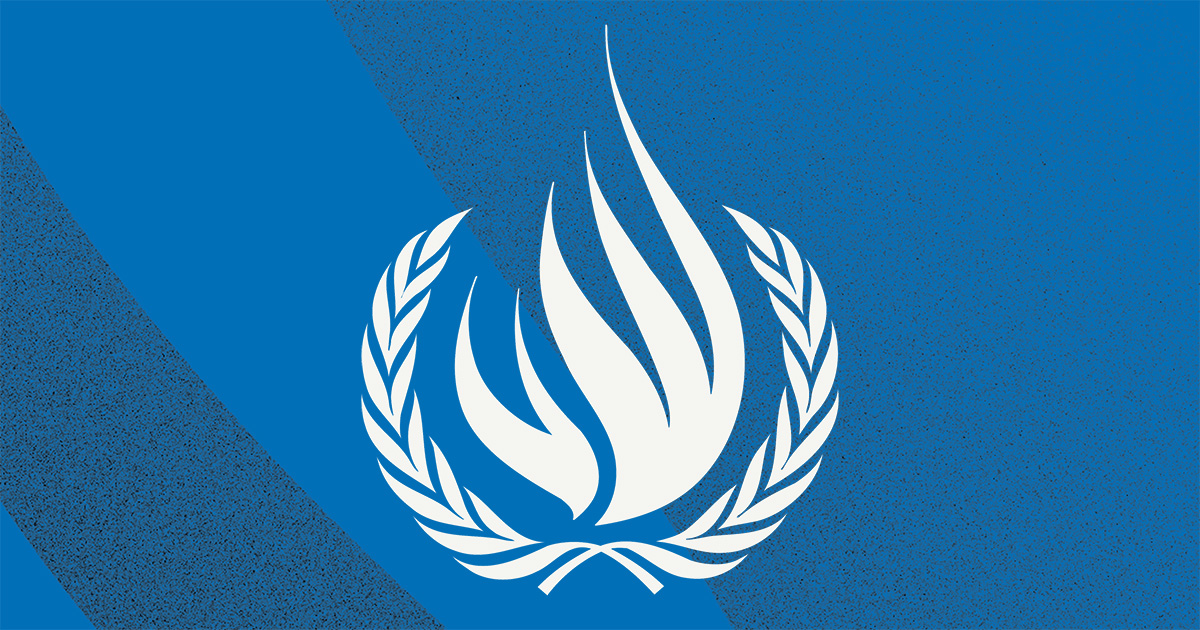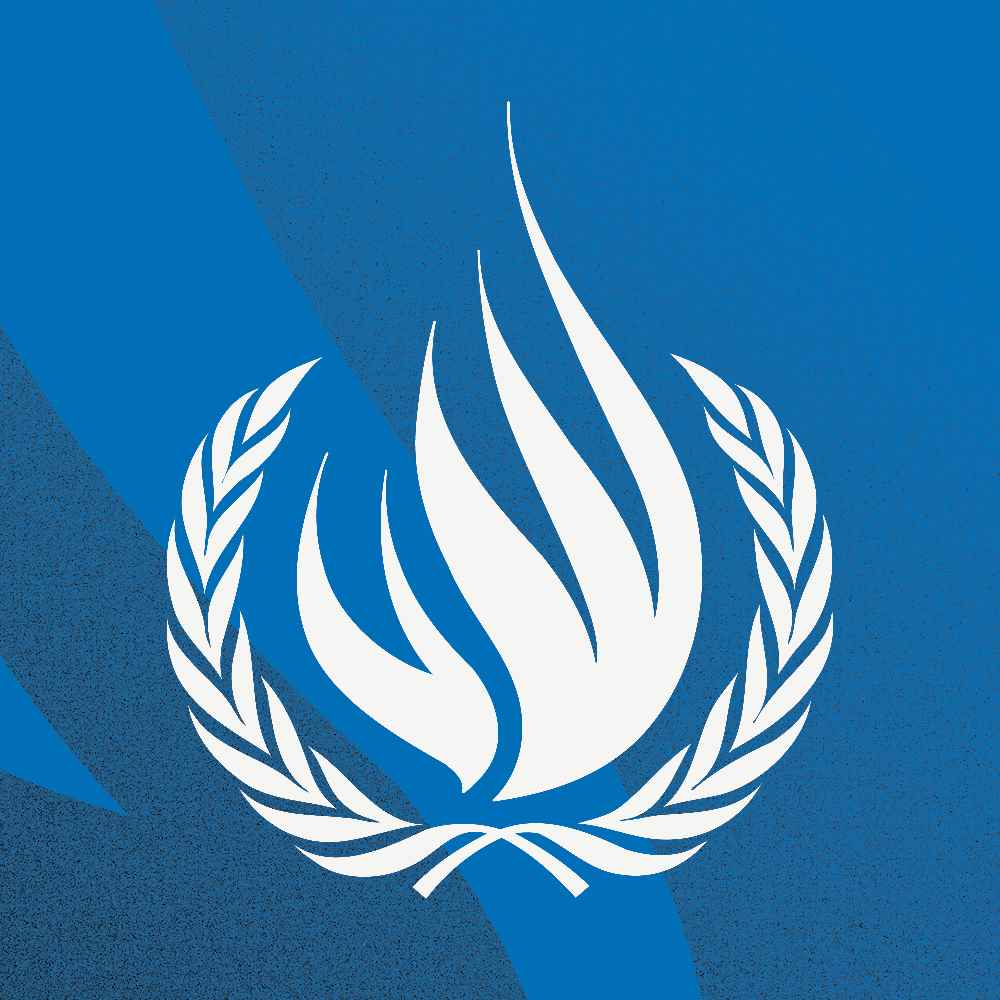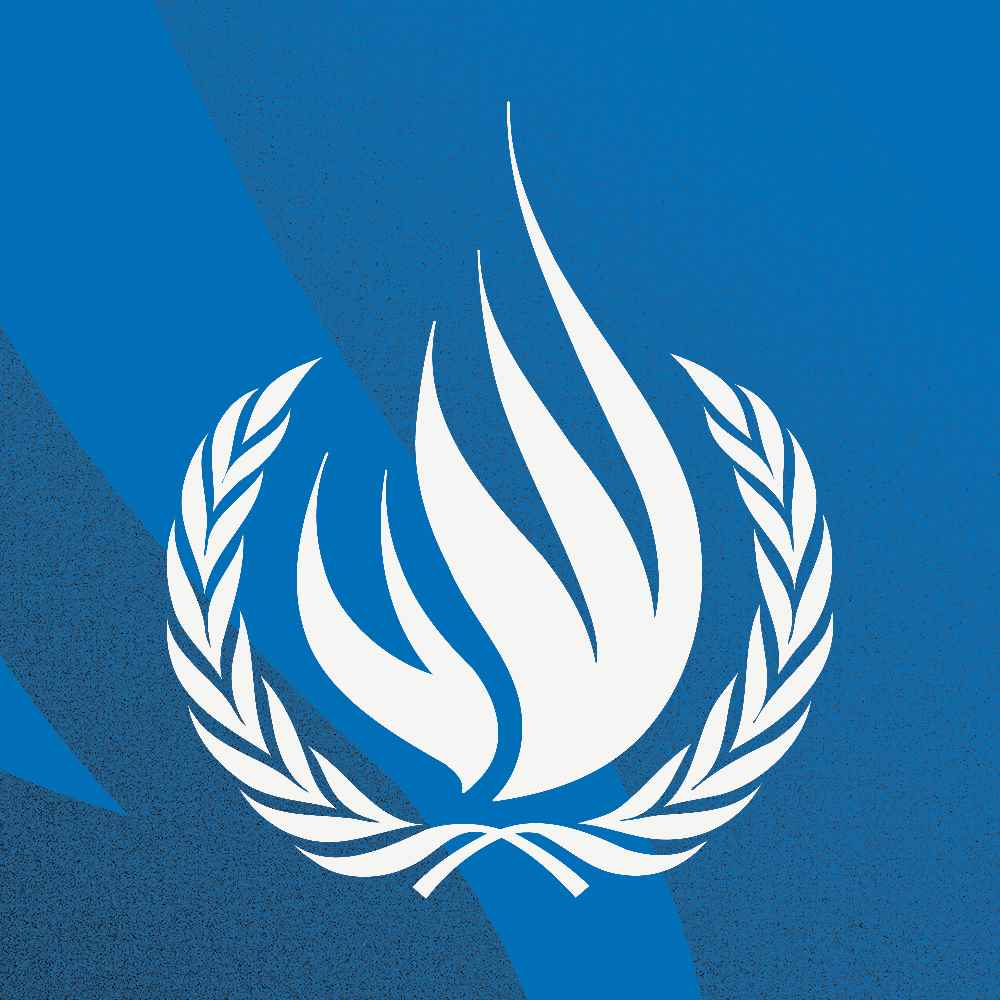
NEW YORK (28 October 2021) – UN human rights experts today expressed their alarm at the growing practice of mercenary-related activities in cyberspace, saying that private actors provide a wide range of military and security services in cyberspace, including data collection, intelligence and surveillance.
Going forward, and in order to prevent and mitigate the negative human rights impacts caused by mercenaries and mercenary-related actors in cyberspace, States should refrain from recruiting, using, financing and training them, said Jelena Aparac Chair Rapporteur of the Working Group on the use of mercenaries who presented the report to the General Assembly.
“It is undeniable that cyber-activities have the ability to cause violations both in armed conflicts and in peacetime, and thus that a whole variety of rights are engaged,” she said. “This includes the right to life, economic social rights, freedom of expression, privacy, and the right to self-determination.
“Furthermore, specific groups such as human rights defenders, journalists, LGBTI and migrants, are affected in a differentiated manner by these activities.”
In their report the experts explain that mercenaries, as well as private military and security companies (PMSCs), may be engaged to conduct malicious cyber operations, such as disruption, interference with, degradation or destruction of computer systems or networks and exfiltration of information, that can cause damage remotely and across various jurisdictions and constitutes a threat to the safety and stability of cyberspace.
“The use of private actors poses a particular challenge to accountability for abuses that occur through cyberspace, in particular across different jurisdictions,” the experts said. “Cyber activities complicate determination of responsibility for an attack, but they do not relieve States from their obligations under international law.”
“States should prohibit such conduct in domestic law and effectively regulate these activities. For this purpose we call upon States to elaborate the content of an international regulatory framework on PMSCs including when they provide cyber-services and operate in the context of cyberwarfare and insist on the need for a legally binding instrument that governs cyberspace,” they said.
ENDS












